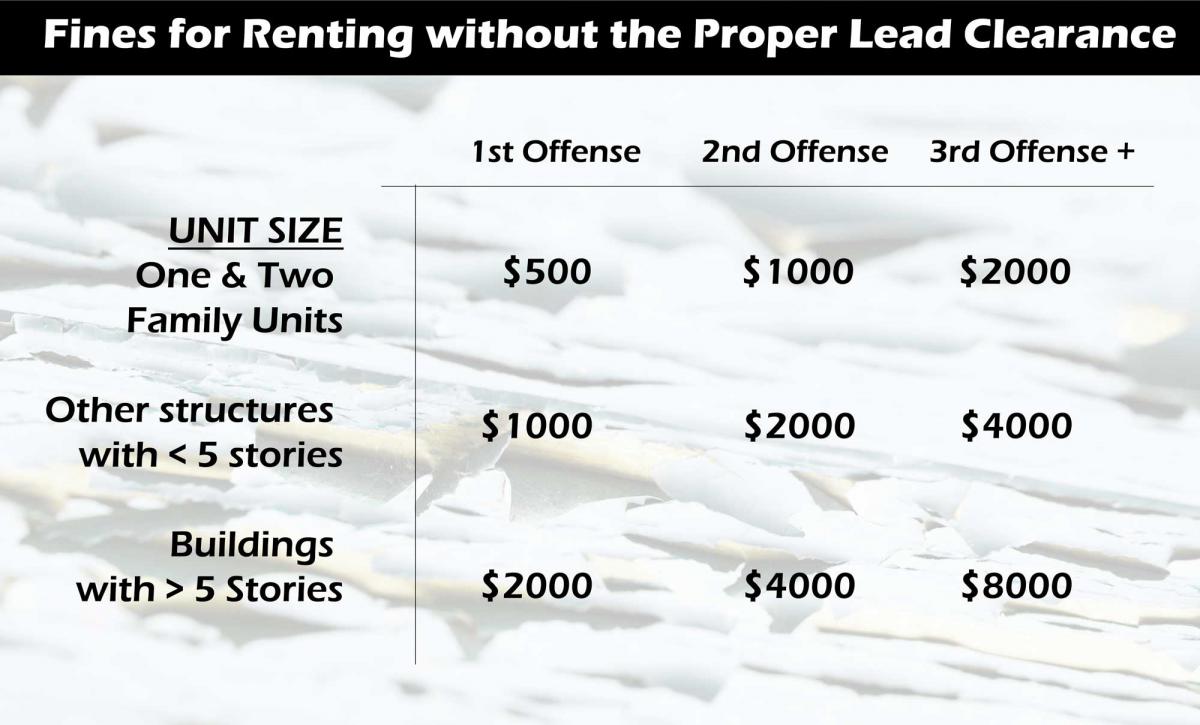Don’t Let the Detroit Lead Ordinance Surprise You
If you own rental properties in Detroit built before 1978, there is a good chance that you’re out of compliance with the city’s lead ordinance. According to Detroit Health Department and the Census, almost 75 percent of the city’s housing was built before 1955 and, therefore, likely contains paint with a high proportion of lead.
In January 2010, the Detroit Property Maintenance Code was modified to require owners of rental property built prior to 1978 need to have risk assessment and lead inspection done to determine the presence of lead-based paint and hazards. Under the previous law, rental properties that contained lead hazards were not identified until after a child had already been poisoned by lead. This change made it necessary to identify and fix the problem before exposure.
“Despite the Lead Ordinance becoming effective on January 1, 2010, most new rental property managers are not aware of its existence,” said Jon Balsamo, PM Environmental’s manager of industrial hygiene services.
Lead-based paint is one of the most significant sources of lead poisoning. It can cause a variety of health problems such as kidney damage, fertility problems, and high blood pressure in adults, and behavior, health and learning difficulties in children. In the City of Detroit, 6 percent of all children six years of age and younger tested in 2004 were identified to have lead poisoning (Detroit Department of Health and Wellness Promotion 2005a).
“Lead poisoning in children is a very serious issue and the reason the City of Detroit requires certain requirements and standards of landlords,” said Balsamo.

In order for a rental property to be occupied in the City of Detroit, the owner must have a Certificate of Rental Registration and a Certificate of Compliance. Neither of which can be obtained without a Lead Clearance demonstrating that no lead hazards are present or that they have been remediated.
“Other cities do not have the same requirements,” said Balsamo. “Therefore, owners are not aware of the ordinance until they apply for their certificates.”
If a property is rented out without proper lead clearance, penalties for one and two family units range from $500-$2000 and for buildings with over five stories, the penalties range from $2,000 – $8,000 per violation. These fines are in addition to the current fines for renting without a Certificate of Compliance.
Additionally, all landlords may be held responsible for lead in their rental properties under local, state, and federal laws. Federal law also requires landlords to disclose all known lead hazards to tenants, even if the hazards have been reduced or abated.
PM Environmental often works for property managers who acquire new housing within the City of Detroit.
“We perform lead inspections and risk assessments of rental properties built before 1978 to assess whether they are in compliance with the Detroit Lead Ordinance to help owners receive their Certificate of Rental Registration,” said Balsamo. “If there are any hazards, we discuss options to remediate those hazards for the protection of the tenants as well as compliance and protection for the landlord.”
Publication Details
Date
May 12, 2016



